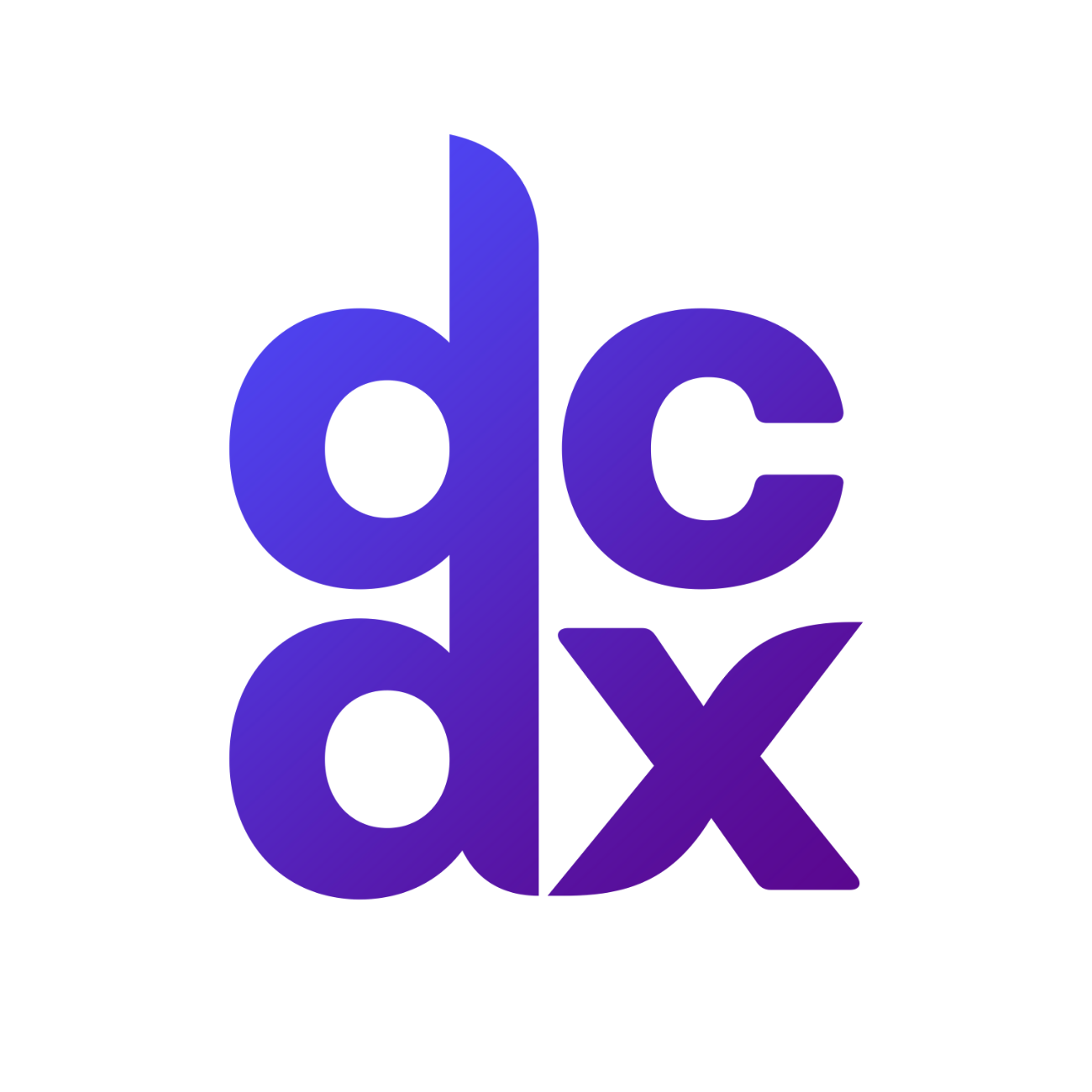Don't Sleep on Generation Z
By Adonis Fryer and Angelina Liang
Generation Z is here. The diapers are gone. The dollars are here. This upcoming generation looks to be one of the most diverse, consequential, and important groups in modern history.
Marketers spanning across various industries are racing to capture the notoriously short and fickle attention of Generation Z, but are they worth it?
In short, YES.
During these confusing times, let’s settle the main reasons as to why you need to care about Generation Z.
Who are they?
One of the most common questions about Gen Z is simple: “Who are they?”
First, to clear up any misconceptions -- they’re not millennials. They’re younger and sometimes called the iGeneration or post-Millennials.
While different research groups assign varying cutoffs to define the generational cohort, a commonly referenced definition places the cohort as anyone born during and between the years of 1997 and 2012 and are the largest generation in the United States with a current population of 86 million and a projected population of 88 million.
That's about 4 million more than their Millennial predecessors. Their size is significant because by the end of 2020 and is projected to make up 40% of the consumer base.
Why Should You Care?
They can impact your bottom line.
Generation Z currently possesses up to $143 billion in direct spending power.
Perhaps more interesting is the ability of Generation Z to exert influence over older generations in their consumer choices. In 2015, consumer spending on Generation Z by older generations totaled $829.6 billion. That means that even though they’re growing up, they haven’t outgrown their parent’s purses.
This statistic is important because older generations are often reliant on their Generation Z family members to utilize their familiarity with digital platforms to access customer reviews, product value, and other brand-defining attributes.
In fact, according to a survey conducted by IBM and the National Retail Federation, about 77% of Generation Z have a significant influence on their families over food and beverage consumption, 76% over furniture, and 73% over household goods.
So if you can capture Generation Z’s attention, they’ll introduce your brand to their family members whether they’re a part of Generation X, Baby Boomers, or Millennials.
They’re Already Changing Things
Generation Z, while currently limited in their incomes and spending power as a younger generation, is proving to be a powerful generation of influencers on consumerism across generational lines.
Take Tik Tok for example. Despite its moral issues, the social media platform ballooned since Generation Z took to it. It’s sitting at around 800 million users and looks poised to hit the billion-user mark by the end of the year. It’s most popular celebrities are starting to appear in films and television as well.
This generation is often considered “woke” as well. They’ve been put through more crises than former generations, having lived through post-9/11 America and now two economic crashes.
To bring in Gen Z consumers, your company must keep up with the times and convince potential Gen Z clients that it is worth their time. As they’ve been alive to see so many scandals, they’re not as susceptible to gimmicky trends. They’re more skeptical of big brands or brands that appear to look too perfect so connecting with them on a human level is all the more important.
They’ve been leading the protests against inequality across the nation and due to being technologically innate, so they’re far better at looking into a company’s values than previous generations. So when selling to Gen Z, know that you’re not just selling a product -- you’re selling values.
Given the sheer size, power, and influence that Generation Z possesses over the current and future consumer base, as the young people say, don't sleep on Gen Z!

